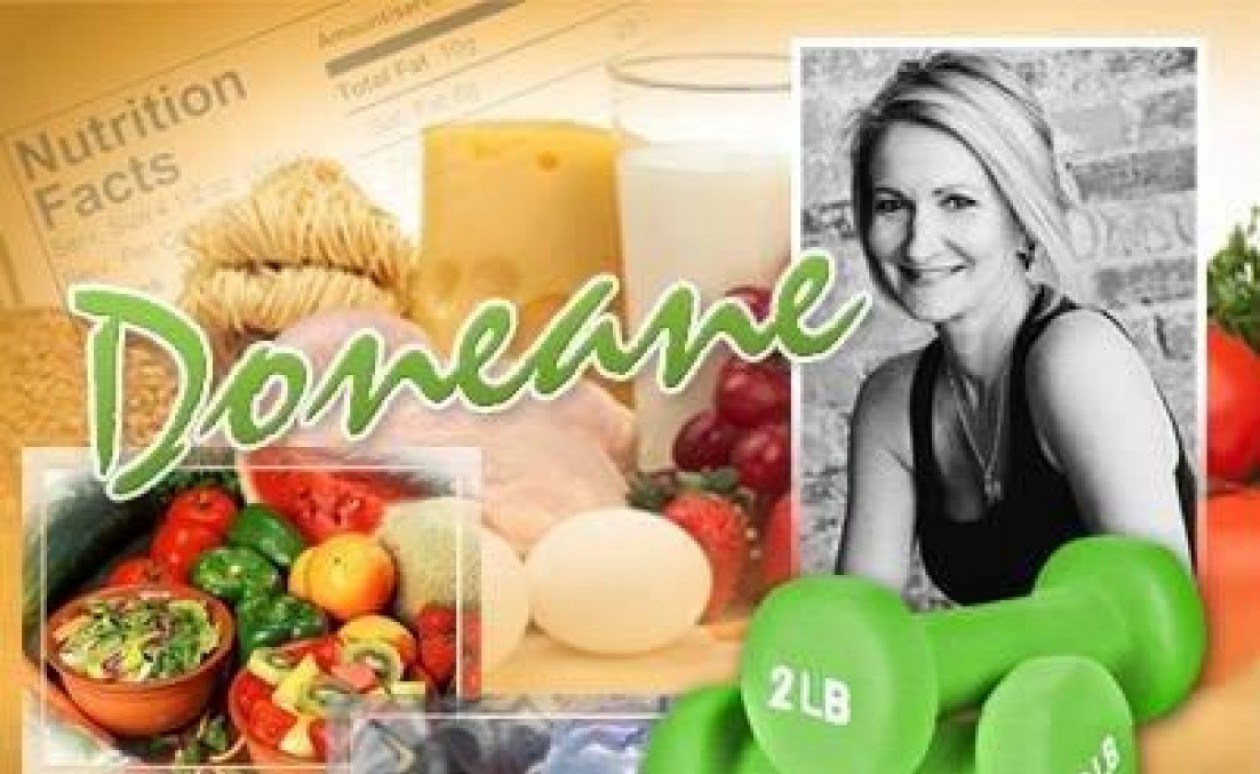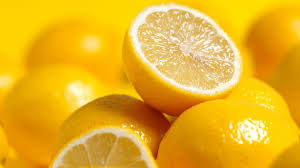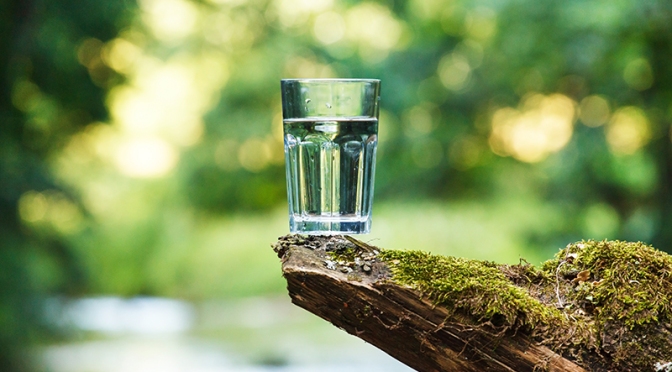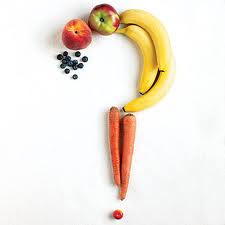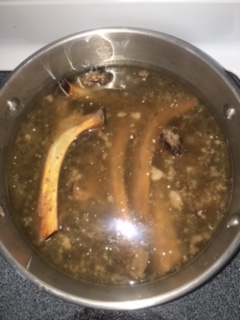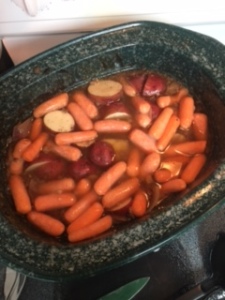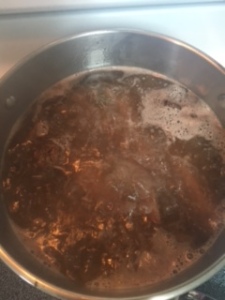After last week’s blog and TV segment on the benefits of alkaline water, I had a few people ask about lemon water. Is it good for you? Is it better than alkaline water? Why drink it at room temperature?
I hope this post answers some of these questions, and more!
Yes, it is good for you. Not necessarily better/worse than alkaline water, but has different benefits. Room temperature water gets down to the cellular level faster than ice-cold water. So keep your water, and your lemons, at room temperature for the best effect of your body.
Here are some reasons why to drink lemon water:
1) Clears Skin
Plain water can help flush out toxins to keep skin clear, but the added vitamin C in lemons helps purge toxins from our blood more effectively to make skin appear clear and younger!
2) Balances Your PH
Lemons taste and appear to be very acidic, but they actually have a very alkalizing effect on our bodies. Keeping your body in an alkaline state also prevents diseases and pathogens from surviving (see last week’s blog on the benefits of alkaline water)
3) Boosts Immune System
The potassium in lemon juice helps control blood pressure, stimulate brain and nerve function. Vitamin C also helps fight colds.
4) Weight Loss
Drinking lemon water helps boost your metabolism, fight cravings, flush out water weight and curb hunger.
5) Boost the Brain and Nervous System
Lemons contain potassium (see above). Low levels of potassium can cause depression, anxiety, forgetfulness and brain fog. The dose of Vitamin C in lemons can replenish what gets depleted when you’re under a lot of stress.
6) Helps Respiratory Problems
If you have asthma or infections, lemon water has antibacterial properties which can help get rid of infections of the chest and eases coughs.
7) Reduces Inflammation
Inflammation can hurt, especially if you have it in various parts of your body. Lemon water helps reduce inflammation and can calm down most irritations.
8) Energy Boost
Do you need a pick-me-up in the afternoon? If you drink a cup of hot water with lemon in it instead of coffee, not only will you cut your caffeine, but you will not have that sinking feeling!
9) Great Source of Potassium
If you do not like bananas, but are still low on your potassium levels, try a few glasses of lemon water per day.
~ Doneane
